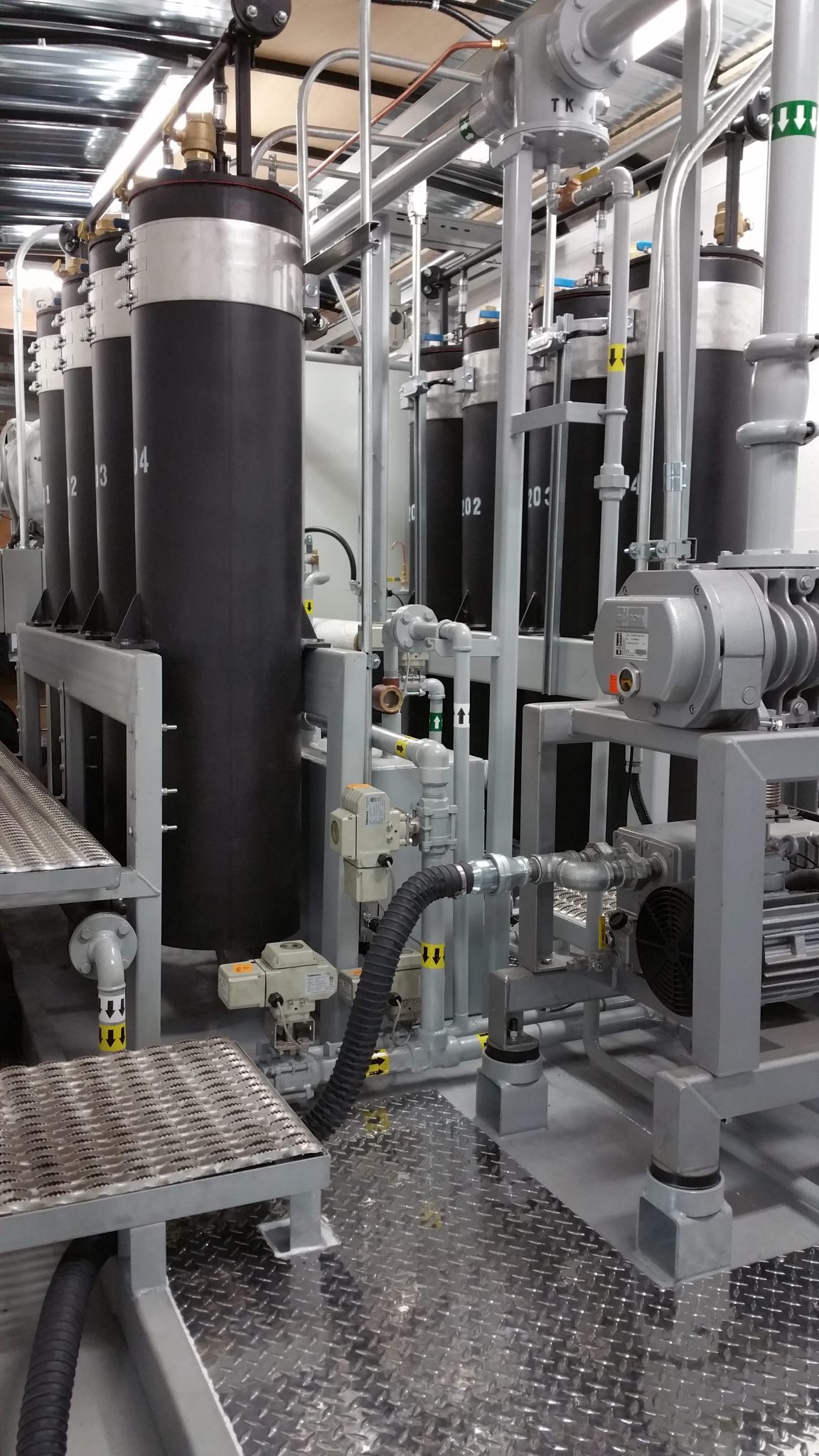Why Transformer Oil Regeneration Is Necessary for Efficiency
Why Transformer Oil Regeneration Is Necessary for Efficiency
Blog Article
Just How Regenerated Transformer Oil Extends Transformer Life Expectancy
The function of transformer oil is important in ensuring the dependability and long life of transformers, offering as both an insulator and coolant. Restored transformer oil supplies an engaging option to enhance these features by properly getting rid of dangerous impurities that endanger performance.
Significance of Transformer Oil
Transformer oil plays a vital role in the reliable operation of electrical transformers. It primarily works as a shielding tool, protecting against electric discharges and making certain that components run safely under high voltage conditions. The oil's dielectric residential or commercial properties are fundamental to preserving the integrity of the transformer, as they decrease the risk of failings that can cause tragic incidents or expensive downtimes.
In addition to its shielding abilities, transformer oil also operates as a coolant. As transformers operate, they generate heat that needs to be dissipated to avoid overheating and succeeding damage. The oil flows within the transformer, transferring and absorbing heat far from important components, therefore preserving optimum operating temperature levels.
In addition, transformer oil acts as an obstacle against dampness and pollutants, which can jeopardize the efficiency and durability of the transformer. Its chemical residential or commercial properties assist in reducing the effects of acids and various other results that may develop with time, adding to the overall wellness of the electrical system.
Advantages of Regenerated Oil

In addition, regenerated transformer oil has a lower level of contaminations, including particles and contaminants that can weaken efficiency. This pureness not just improves the oil's thermal conductivity but also expands the functional lifespan of transformers by lessening overheating dangers. The improved thermal security of regrowed oil ensures regular efficiency even under high operating temperatures, which is essential for maintaining transformer effectiveness.
One more benefit is its environmental influence. Regrowed oil advertises sustainability by minimizing waste and the requirement for brand-new oil production, thereby reducing the carbon impact connected with transformer maintenance. Transformer Oil Regeneration Process. The durability of regenerated oil translates to lower maintenance expenses over time, as less oil adjustments and much less regular devices downtime are called for.
Refine of Oil Regrowth
The regrowth of transformer oil entails an organized process created to restore the oil's initial residential properties and enhance its performance. This procedure usually starts with the elimination of the used oil from the transformer, which is then subjected to various filtration methods.
The initial step in the regeneration process is the filtering, where strong contaminants such as metal, sludge, and dust bits are gotten rid of. This is commonly adhered to by vacuum cleaner purification, which aids to eliminate moisture and unpredictable substances, therefore enhancing the oil's dielectric strength.

Effect on Transformer Efficiency
Bring back the properties of regenerated transformer oil substantially influences the general efficiency of transformers. Improved dielectric toughness is just one of the most vital advantages, as it permits far better insulation and reduces the chance of electrical break down. This enhancement results in an extra steady operation under high voltage problems, inevitably causing increased efficiency.
Furthermore, the removal of pollutants and degradation products throughout the regrowth procedure reduces the threat of overheating. Cleanser oil assists in better heat dissipation, which is important for keeping ideal operating temperatures. As a repercussion, the thermal performance of the transformer is improved, permitting for higher loads without jeopardizing dependability.
Additionally, the chemical security of regenerated oil makes sure extended operational life. It withstands oxidation and deterioration, reducing the frequency of upkeep treatments and oil replacement. This security not only adds to improved efficiency but likewise straightens with sustainability goals by reducing waste.
Future of Transformer Maintenance
As advancements in modern technology remain to reshape the landscape of electric design, the future of transformer maintenance is poised for substantial makeover. The integration of wise modern technologies, such as IoT sensing units and anticipating analytics, makes it possible for real-time surveillance of transformer health, Go Here enhancing the ability to preemptively attend to concerns before they intensify right into significant failures. This positive approach not just takes full advantage of functional performance yet likewise prolongs the life expectancy of transformers.
Moreover, the application of fabricated knowledge (AI) in information analysis allows for more exact mistake detection and diagnosis. By leveraging equipment learning formulas, maintenance teams can determine patterns in functional data that human experts may ignore, leading to more informed decision-making.
In addition, the adoption of environmentally friendly practices, consisting of the usage of regenerated transformer oil, is readied to redefine upkeep methods. This lasting technique not only decreases environmental impact but likewise enhances the overall health of the transformer.
Last but not least, the change towards automation in upkeep processes is anticipated to streamline operations, reduce downtime, and lower prices. As these advancements remain to progress, the future of transformer maintenance will undoubtedly come to be extra reliable, trusted, and sustainable, making sure the stability of important electrical framework.
Verdict
The use of regenerated transformer oil significantly boosts discover this the operational durability of transformers. By successfully restoring dielectric toughness and thermal stability, this oil plays an important function in mitigating risks related to getting too hot and oxidation. The regeneration procedure not only removes damaging impurities but also reduces maintenance frequency and oil substitute expenses. Eventually, the fostering of restored oil stands for a critical advancement in transformer upkeep, guaranteeing optimal performance and sustainability in the administration of electrical facilities.
The role of transformer oil is essential in ensuring the dependability and longevity of transformers, serving as both an insulator and coolant.Transformer oil plays a critical duty in go to the website the efficient procedure of electric transformers. Regrowed oil advertises sustainability by lowering waste and the need for new oil manufacturing, thereby decreasing the carbon impact associated with transformer upkeep.Restoring the properties of regenerated transformer oil substantially influences the total performance of transformers.The application of regenerated transformer oil dramatically improves the functional durability of transformers.
Report this page